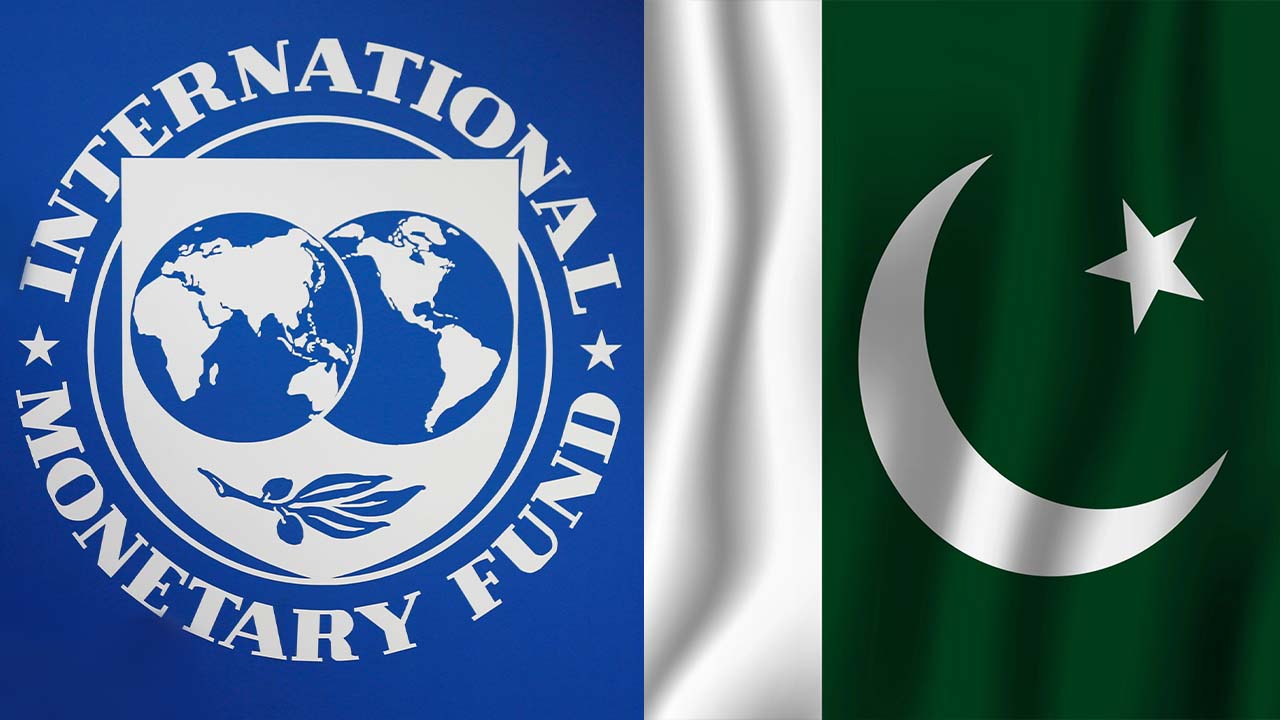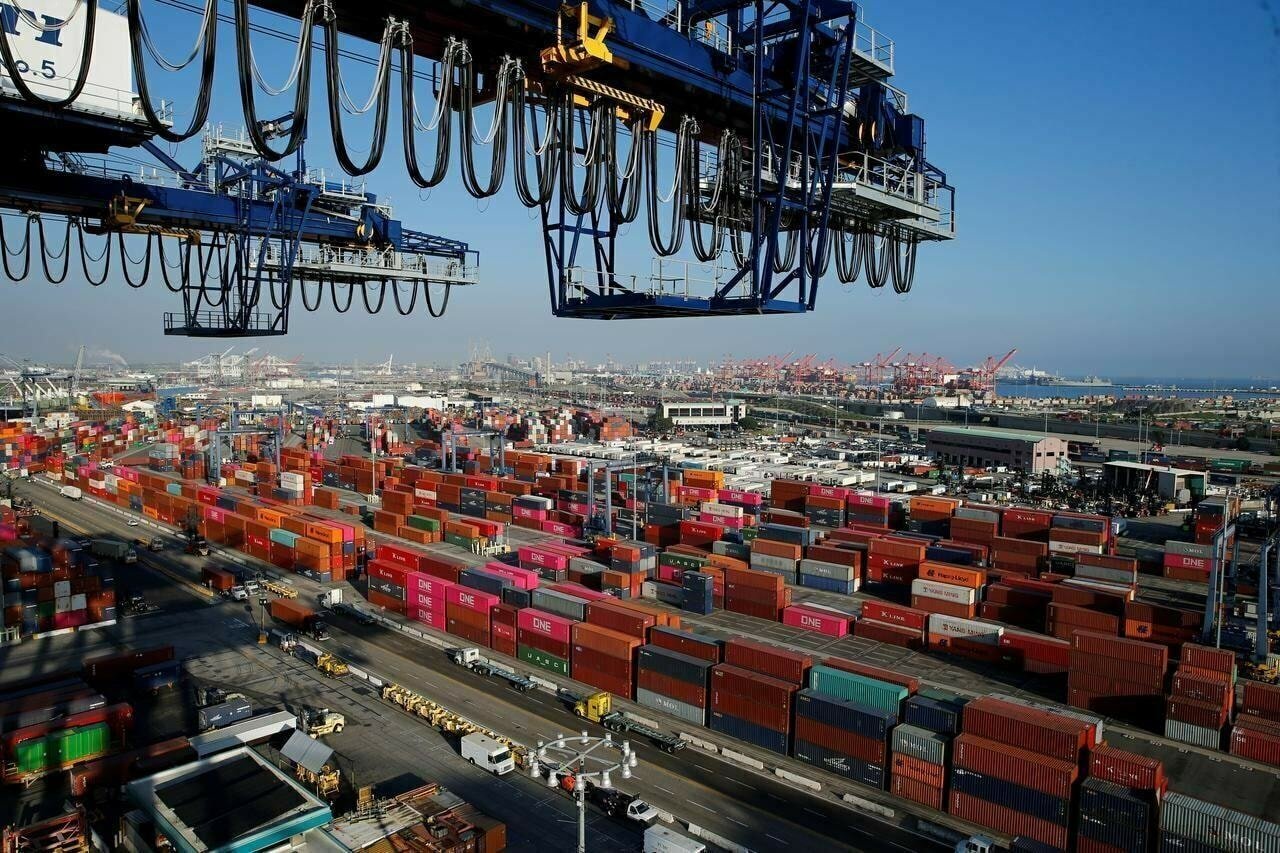Zafar Iqbal
The International Monetary Fund (IMF) has warned Pakistan that the recent catastrophic floods could severely derail its economic recovery, with growth, inflation, and the current account facing deeper shocks than initially estimated. In its latest report, “Regional Economic Outlook: Middle East and South Asia — Resilience amid Uncertainty: Will It Last?”, the Fund described Pakistan’s post-flood situation as highly uncertain, raising concerns about the durability of its fragile stabilization gains.
The IMF’s warning comes as part of its ongoing $7 billion Extended Fund Facility (EFF) programme approved in September 2024. The Fund had urged Pakistan to abandon its long-standing practice of government intervention in agricultural price setting and procurement, arguing that such measures distort markets, create hoarding, and make the sector unresponsive to consumer needs. Instead, the IMF recommended that provincial food departments and state-owned enterprises restrict commodity purchases strictly to national food security purposes—not as tools for political subsidies or income support for farmers.
Follow Republic Policy on YouTube
However, the extent to which Pakistan has been allowed flexibility in implementing these conditions remains unclear. Analysts believe any final decisions will depend on comprehensive damage assessments of the floods’ impact on crops, infrastructure, and rural livelihoods.
Economists have expressed skepticism over the IMF’s projected 3.6% growth rate for Pakistan, calling it overly optimistic given the magnitude of the floods. They predict significant fiscal slippages, with tax collection potentially falling short by Rs200–300 billion. The Federal Board of Revenue has already reported a shortfall of Rs198 billion in the first quarter of the fiscal year, signaling deeper structural strains.
Follow Republic Policy on Facebook
The IMF projects the fiscal deficit at -4.1% of GDP for the current year—remarkably optimistic given that the national budget for 2025–26, finalized before the floods, anticipated a -5.9% deficit. Historical data reveal an even bleaker reality: the revised fiscal deficit for 2024–25 was -7.4% against the budgeted -6.5%. The Fund’s current projection of -4.7% for FY26 may therefore be understating the real burden, as losses from infrastructure damage, crop destruction, and emergency spending become clearer.
Follow Republic Policy on TikTok
Export and import projections also appear misaligned with ground realities. The IMF anticipates a modest rise in exports—from $40.7 billion to $42.1 billion—driven mainly by textile and semi-finished goods. Imports, however, are forecast to rise by $4 billion to $74 billion, reflecting higher input costs for raw materials and reconstruction. Yet, this trade forecast remains vulnerable to geopolitical shocks, with conflicts in the Middle East and the Russia-Ukraine war disrupting supply chains and global demand.
Follow Republic Policy on Instagram
The report further notes that Pakistan’s economic competitiveness remains weak due to high energy and transport costs—an outcome of IMF-mandated reforms aimed at achieving full cost recovery. With industrial tariffs higher than regional averages, the country risks losing export competitiveness even as inflation erodes domestic purchasing power. The dual impact of high prices and weak production threatens to trap Pakistan in a cycle of low growth and rising poverty.
Follow Republic Policy on WhatsApp
Environmental and economic analysts also highlight that climate-induced disasters like floods are no longer one-off shocks but recurring phenomena that require structural adaptation. The IMF’s report indirectly acknowledges this by emphasizing “uncertainty” as a persistent risk factor for Pakistan’s economic trajectory. Without comprehensive flood management, resilient infrastructure, and climate-smart agriculture, the economy’s ability to meet even modest growth targets remains in doubt.
Ultimately, the IMF’s projections reflect cautious optimism tempered by the unpredictability of Pakistan’s climate and policy environment. If the post-flood damage proves worse than expected, growth could miss targets by 1 to 1.5 percentage points, undermining the limited gains achieved through fiscal consolidation. The report’s implicit message is clear: resilience amid uncertainty will not last unless Pakistan reforms its structural vulnerabilities—both economic and environmental.















